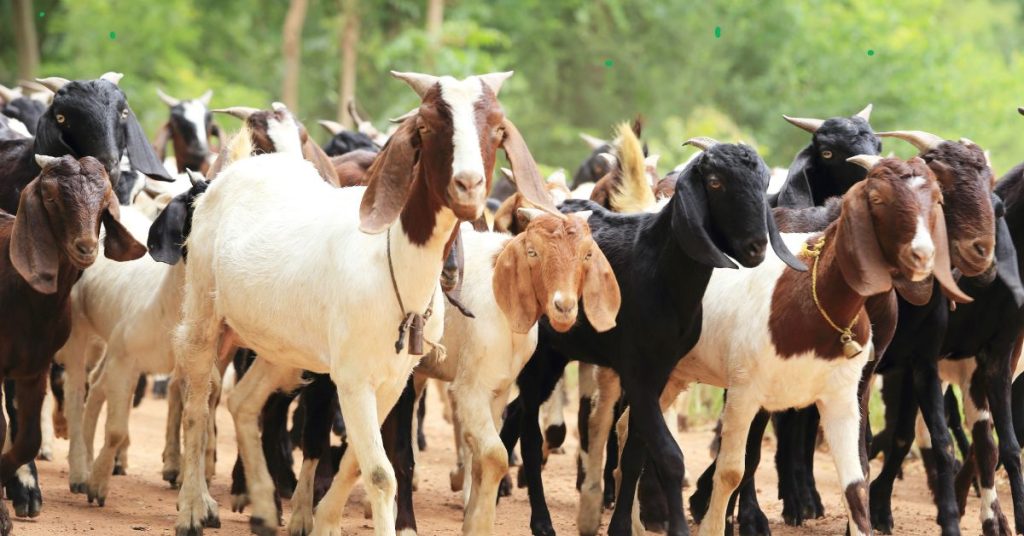Greece has enacted a nationwide ban on transporting sheep and goats to curb the spread of a highly contagious infection known as “goat plague.”
The agriculture ministry announced that “the movement of sheep and goats for breeding, fattening, and slaughter is banned throughout Greece.”
The ministry confirmed new cases of infection in the central Larissa region and Corinth in the south. The virus, also called Peste des Petits Ruminants (PPR), has a devastating mortality rate, killing between 80% and 100% of infected animals, though it poses no threat to humans.
On Monday, the Greek agriculture ministry explained that the ban was introduced “with the aim of limiting the spread and eradication of the disease.” Livestock farmers, cheesemakers, slaughterhouse owners, and feed suppliers have been informed about the new restrictions.
Over the weekend, ministry officials held urgent meetings with local authorities in the regions affected by the new PPR cases. The ministry stated that an investigation is underway to determine the outbreak’s source but did not rule out the possibility of “suspicious imports” from abroad.
Greece is collaborating with the EU and the veterinary services of the bloc’s member states to address the outbreak. According to EU regulations, once a PPR case is confirmed, the entire flock must be culled, and the affected farm must be disinfected.
Since the disease first surfaced in Greece on July 11, at least 7,000 animals have been culled. Greece, which has the highest number of goats in Europe, relies heavily on goat and sheep milk to produce feta cheese, a signature Greek product.
PPR was first reported in Ivory Coast in 1942 and has since spread globally.

